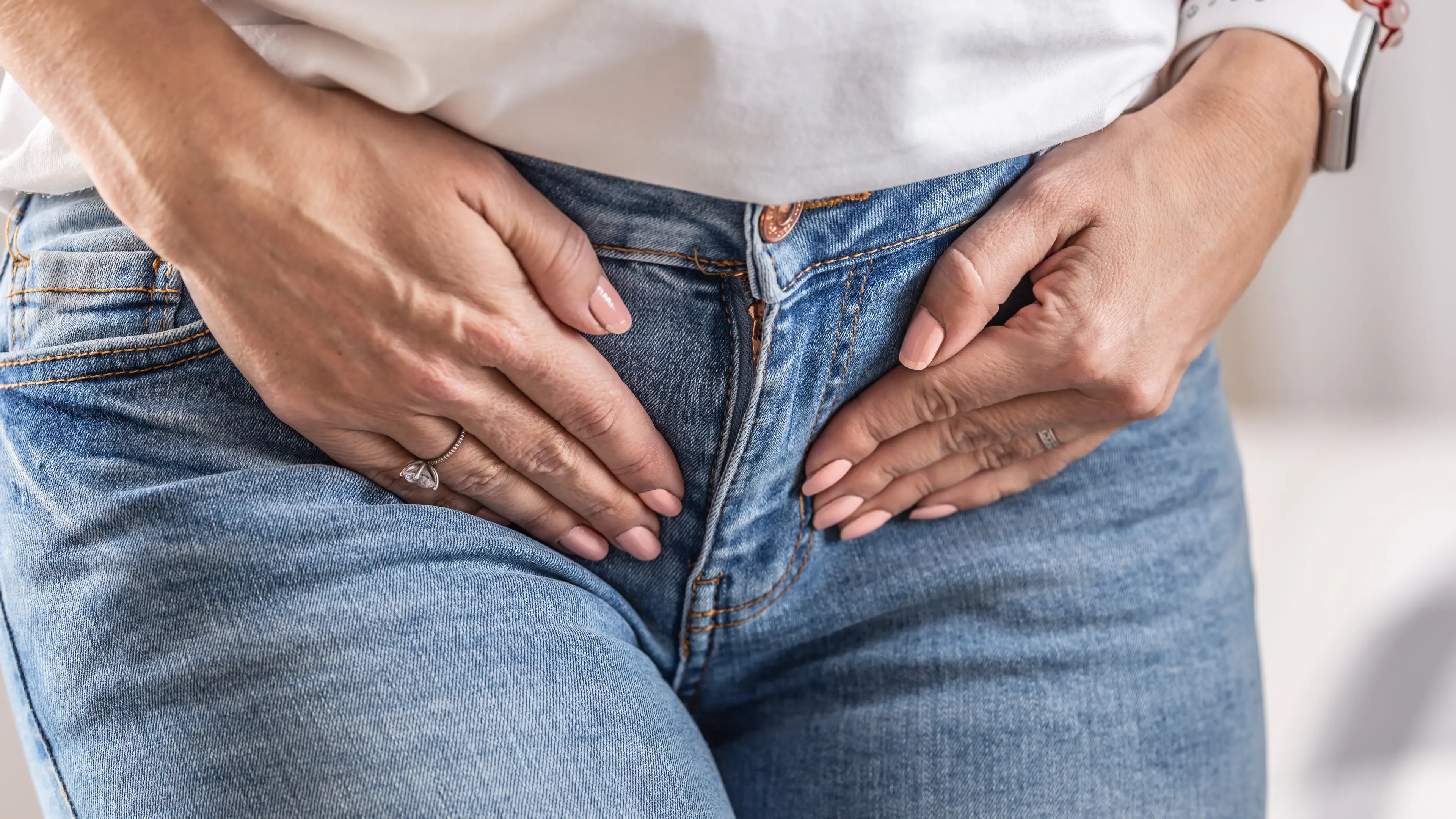
A huge side effect of GLP-1 drugs has been revealed, which could have a sexual impact on women.
The use of these drugs for weight loss has sky-rocketed in recent months, with celebrities also openly sharing their journeys on the medication.
GLP-1 and GIP receptor agonist medications Ozempic, Wegovy and Mounjaro are the most popular names you'll see flying around, despite initially being created as a medication for type 2 diabetes.
They work by managing a patient's blood sugar levels, tricking the brain into thinking it is full when it is not, resulting in a smaller food intake.
Advert
If coupled with a change in lifestyle, it's no wonder people are seeing such breathtaking health results on the drugs and encouraging others to follow suit.
It's not all fine and dandy though, as the medication can also cause nausea, constipation and stomach pain.

While people have complained about hair loss and even different smiles, some men have reported a positive change through 'Ozempic penis', despite experts claiming that this may be a perspective change instead of a size increase.
But now, women have complained of 'Ozempic vulva' and its side effects.
One woman on Reddit complained of 'pain when biking and sitting for long periods', only to be told this was due to the effect her rapid Ozempic-aided weight loss had on her vulva.
What is Ozempic vulva?
While it is not a recognised side effect by manufacturers, Los Angeles-based physician Dr Michael Tahery has stated that three side effects to the vulva and vagina can be caused by GLP-1 drugs.
These three are: a sagging of the outer labia, weakness of the vaginal muscles, and dryness.
It is said that the quick weight loss associated with drugs like Ozempic can result in the sagging of skin, and the vulva is not exempt from this.
Sexual impact of Ozempic vulva
According to Dr Tahery, an Obstetrician-Gynecologist (OB-GYN) and Urogynecologist in California, muscle mass is common.
He writes on his website: "Unfortunately, muscle loss that results from Ozempic use can actually cause vaginal laxity.
"Vaginal Laxity isn’t just a cosmetic issue. The loosening of muscles that occurs with weight loss can lead to pelvic weakness and incontinence, and some women have reported a feeling of looseness during intercourse."

Effects of Ozempic on pelvic floor muscle
Experts at Health Central have explained that a 2021 review published in Current Diabetes Review found that type 2 diabetes patients taking the GLP-1 drugs had a higher decrease in fat-free mass than those with a placebo.
But according to FL-based board-certified OB-GYN Melanie Bone, M.D: “The rapid weight and muscle loss experienced by some Ozempic users can also affect the pelvic floor muscles.”
The muscles here help to support the location of the reproductive and excretory organs, where the uterus and vagina are included.
She added: “Loss of pelvic floor muscle mass may lead to weakened pelvic floor strength, potentially causing symptoms like urinary incontinence, pelvic organ prolapses, or changes in sexual function.”
The medical expert added that some reported leakage, an increased urinary frequency, or vaginal laxity.
However, they are not common in the majority of people from ages 15 to 49, though they can affect those older.
Kecia Gaither, M.D, revealed: “These drugs may be inappropriate for people with a history of pelvic surgeries or pelvic floor dysfunction as symptoms may be exacerbated.
“It is important to seek clearance from a health provider if such a medical history exists.”

Novo Nordisk, the manufacturers of Ozempic, stated that 'Ozempic vulva' is not an official side effect.
However, a spokesperson said: "Patient safety is of the utmost importance to Novo Nordisk. We continuously collect safety data on our marketed GLP-1 RA medicines and work closely with the authorities to ensure patient safety.
"We recommend patients take these medications only for their approved indications and under the supervision of a healthcare professional. Treatment decisions should be made together with a healthcare provider who can evaluate the appropriateness of using a GLP-1 based on assessment of a patient’s individual medical profile.
"We recommend that any UK patient experiencing side effects while taking GLP receptor agonists including Wegovy®▼ or Ozempic® report them to their healthcare provider and via the MHRA Yellow Card scheme: https://yellowcard.mhra.gov.uk/"